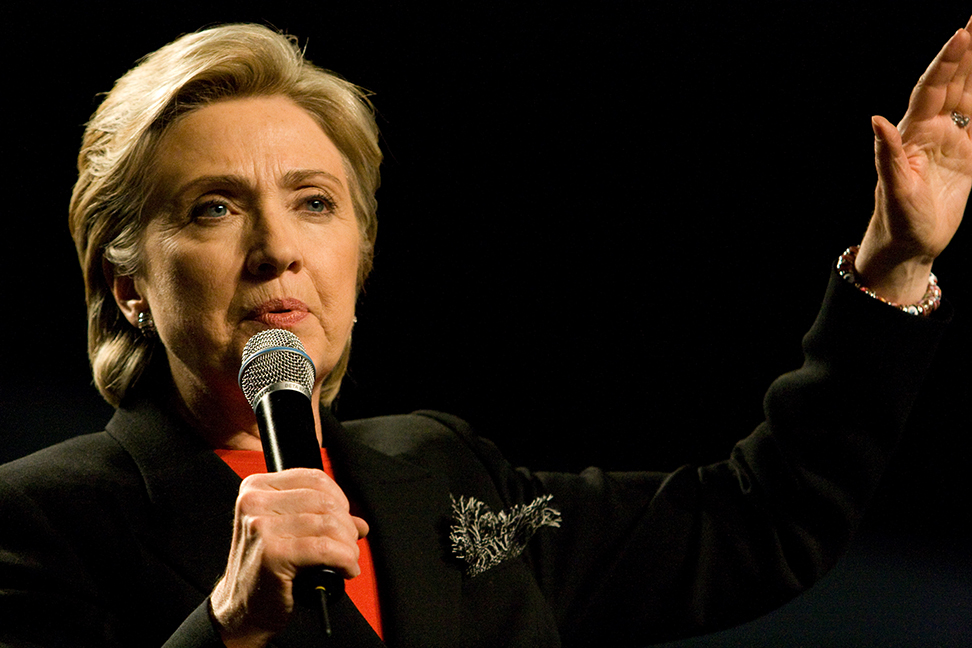Thanks to victories in Florida, North Carolina, Illinois and Ohio, Hillary Clinton has largely secured the Democratic nomination. It was expected that Clinton would win Florida and North Carolina, but there was some doubt as to whether Clinton or Bernie Sanders would win Illinois and Ohio. Sanders’ campaign had hoped that victories there would illustrate his electability in a national election. Clinton’s victories illustrate problems with Sanders’ campaign, particularly his ability to appeal to a broad electorate.
Sanders’ economic populist message appeals to liberals, but he has had difficulty convincing the Democratic electorate that his plans are pragmatic. Thus, Sanders has struggled to appeal to the broad Democratic electorate. A key issue is that the Sanders campaign has fallen short in offering specifics on how his plans would be implemented. For instance, Sanders has explained how his national health care plan, “Medicare for All,” would be paid for, but he has not offered particulars as to how this would be administered or implemented.
There has also been the question of Sanders’ electability in a national election. Although the Sanders campaign frequently touts national polls that indicate Sanders would win over Donald Trump. Sanders has had trouble garnering support from African-Americans and Hispanics. In Ohio, Clinton won African-American voters with 68 percent compared to Sanders’ 30 percent. Sanders is doing better among African-Americans than before; he received 29 percent of the vote in Illinois, 29 percent in Missouri, 28 percent in Ohio, 20 percent in Florida and 17 percent in North Carolina. However, this is still a low total. This raises the question: If Sanders cannot win votes from African-Americans in his party’s primary, what is the probability he can in a national election?
These low margins have contributed to Sanders not garnering more victories. African-Americans and Hispanics make up a significant portion of the Democratic Party’s base and a candidate cannot win their party’s nomination without winning a key party base. For instance, Trump appears to be on his way to securing the nomination because he appeals to the base of the Republican Party.
Presently, Clinton has 1,690 delegates and Sanders has 946, including superdelegates, with 2,129 delegates not yet allocated. Because the Democrats allot delegates proportionally, that means Sanders would need to win about
58 percent of the vote in the remaining states to Clinton’s 42 percent. He would need to beat Clinton by about 16 points the rest of the way. Some have attempted to draw comparisons to the 2008 primary but this is not a valid comparison because Clinton’s lead over Sanders is much larger than Barack Obama’s lead was in 2008 at this stage in the race. At the end of February 2008, Obama led Clinton by 100 delegates. Sanders supporters have complained about the unfair and undemocratic delegate rules, but these rules also existed in 2008. In 2008, there was no outcry about unfairness of these rules. Those same unfair and undemocratic delegate rules secured the nomination of Obama, the preferred candidate of liberal millennials in 2008. (For instance, Clinton’s victories in Michigan and Florida were discounted). The Democratic Party fell in line in 2008 because a divided political party is never good when the goal is to win a national election. This explains why Obama privately told a group of Democratic donors that it was nearing the time for the Democratic Party to unite behind Clinton.
A majority of Sanders supporters are millennials, the same millennials who supported Obama and would certainly vote for him again if they could. These millennials are supporting Sanders for a couple of reasons: They agree with his message, are optimistic that a “political revolution” can occur and perhaps think there can be a repeat performance of 2008. A key difference between Obama in 2008 and Sanders currently is that Obama delivered a pragmatic message. After all, Obama and Clinton did not vastly differ on the issues. Though many of these millennials are unsure whether they will vote for Clinton, they should vote for her if she wins the nomination. To put it bluntly, winning is the only thing that matters in national elections, particularly when there is the likelihood that Trump could be the next president of these United States. Whether or not the Republican nominee is Trump, perhaps liberal millennials should ponder what a Republican president and a Republican-controlled Congress could do to this country: repeal the Affordable Care Act, limit, if not eliminate, funding for Planned Parenthood and place more limitations on women’s access to abortions.
Leslie McNamara is a public policy graduate student. She can be reached at
lmcnamaradbk@gmail.com.



